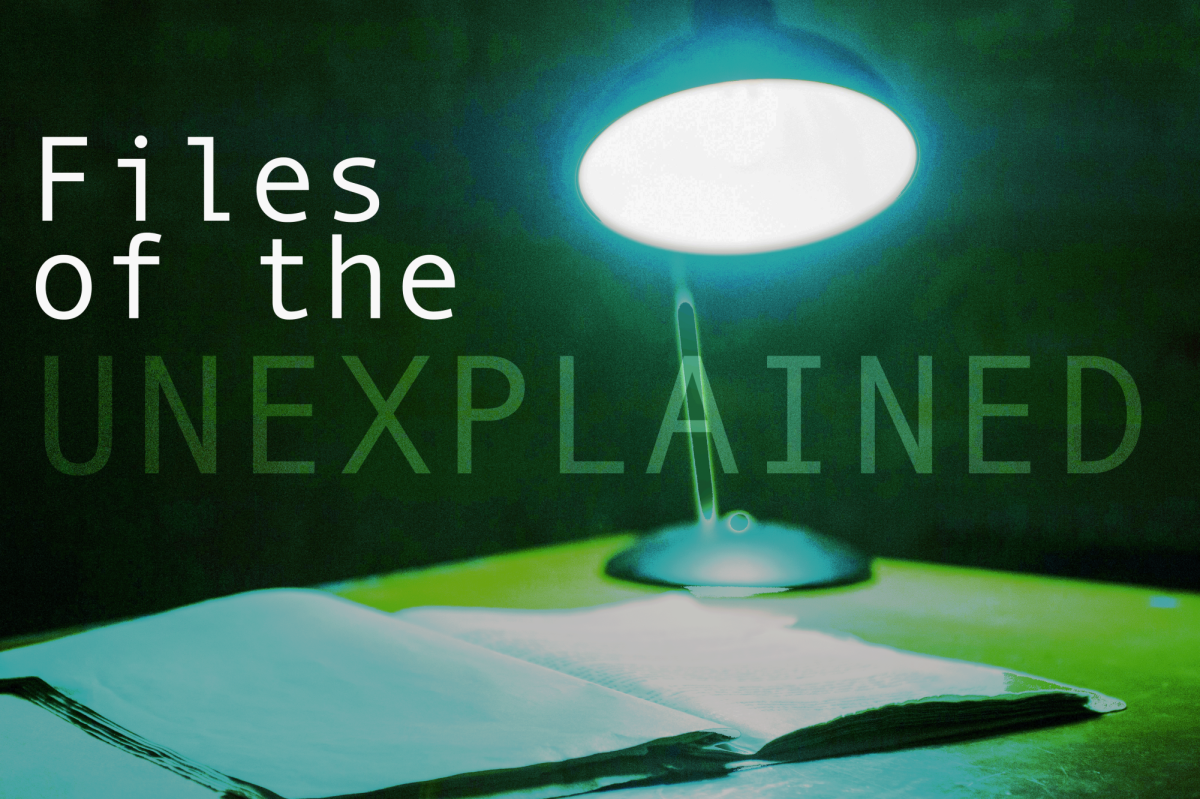The Bush administration is exploring the idea of creating standardized tests for universities and colleges across the nation. These tests would attempt to assess whether students are getting the education for which they are paying.
But before a standardized test can even be considered, at least one question would need to be answered: Is it possible to create a standardized test that could assess the knowledge that potential doctors, lawyers, painters and writers are gaining from their institutions?
The higher education commission named by the Bush administration is proposing a test that would consist of writing essays and solving complex problems, according to an interview in The New York Times. But if these are the only skills we are to be gaining from a college education, they are not expecting much out of us. In fact, any person who graduated from high school should be capable of this.
The fact is that students diversify and specialize their college educations according to their own interests-and it is their prerogative to do so. How could you possibly write an effective standardized test that reflects the diverse course load most students carry?
I doubt any student outside the medical field could diagnose someone with tuberculosis, or that anyone outside the art department can tell you the difference between Monet and Picasso. Yet, these concepts are a part of standard education within these fields.
Seeing as how it would be impossible to create a test that could cover the standard education of all fields, it may seem logical to create a standardized test just for given disciplines.
But wait-colleges already do this, with tests like the LSAT, GRE, MCAT and the PCAT.
We come to college to specialize in a given area and to become masters of a given academic field-not to gain a more in-depth knowledge of our homogenous high-school education. We come to college so we can go beyond a standard education, and standardized testing would undermine the reason we are here.
Those in favor of standardized testing in colleges argue that it can help to grade the value of the education individuals can receive at that institution. Granted, grades are an excellent measure of potential excellence but probably not the best.
If you really want to gauge the effectiveness of any given university, look to its alumni. Are they successful? Are they important? Are they putting their educations to good use?
If the answers to these questions happen to be yes more often than not, chances are that you would be getting your money’s worth at your college.
If such a program were instituted, schools like the U would be the first to have the burden of standardized testing foisted upon them, since the U receives taxpayer dollars. But why should the federal government need to see statistical data proving that students are actually learning in college-shouldn’t the quality of higher education be the responsibility of individual students, alumni and administrators?
Colleges’ reputations are garnered by how well their students perform in the classroom and then upon graduation. If there were a college out there that wasn’t effectively teaching its students, it wouldn’t be in business for long.
The federal government should consider trusting individual college administrations and professors to provide students with the education and skills necessary to be informed and productive citizens.











